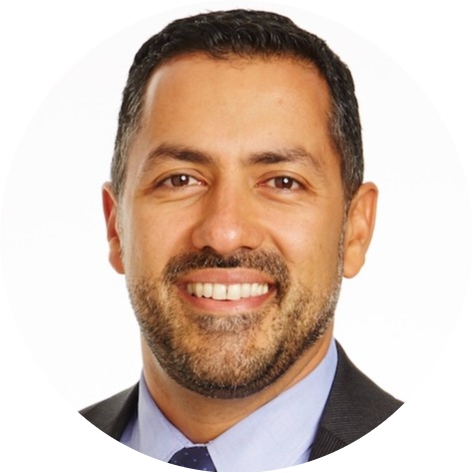How Trump’s second term could impact corporate DEI programs

Corporate diversity, equity and inclusion programs were already in flux this year after the U.S. Supreme Court banned race-based college admissions, inspiring similar moves across corporate America. Now, with an incoming administration vocally against such initiatives, employers expect continuing pressure to change their programs.
For HR professionals, “it will probably be one of the hardest things they’ve ever dealt with in their professional careers,” said Peter Rahbar, an employment attorney at the Rahbar Group.
“If you’re a company that really cares about the value of a diverse workforce, you will find a way to continue developing a diverse workforce and supporting one. But at the same time, the pressures from the government and other outside forces will be very difficult to deal with,” Rahbar said.
While it remains to be seen exactly what Trump will do, legal experts are considering some actions he could take and how that would influence employer programs. Some levers Trump is expected to pull include issuing executive orders reversing some Biden-era workplace rules. To start, he can direct federal agencies to eliminate their own DEI programs. He may also try to reverse Biden-era protections around sexuality and gender identity.
He will also be able to appoint new officials to direct agencies like the Equal Opportunity Employment Commission (EEOC) and the Department of Justice. “You have that kind of power to look across departments and agencies and have everybody come back with something that they can do,” said Luke Hartig, president at Gravity Research, a DC-based, societal risk firm.
While the vast majority of companies Gravity works with remain committed to maintaining DEI programs, Hartig said, they have responded to recent attacks by de-risking them, starting with changing external messaging.
This year the use rate for terms like “DEI” and “diversity” in SEC documents, earnings call transcripts and other materials from over 130 Fortune 100 employers like Walmart, GM, and Aflac, fell by an average of 22% below 2023 rates, according to a report from Gravity Research. Mentions of “Chief Diversity Officer” fell by nearly 50% compared to last year.
Meanwhile, use rates for more neutral language, like “belonging” and “diverse perspectives,” rose by an average of nearly 60% year over year.
More corporations are expected to follow suit, as newly empowered conservative groups could single out employers retaining explicit DEI terminology. At the same time, changing external messaging while keeping key tenants of DEI commitments could lead to accusations the changes in messaging are just a diversionary tactic, according to the Gravity report.
Another shift is happening in how employers communicate their reasoning behind such programs. “Companies are talking less about DEI as a way of demonstrating their allyship with broader racial equity, and more of a way of describing how it’s good for business,” Hartig said.
In anticipation of the upcoming transition of power, companies are also reviewing and removing explicit quotas and other factors that could be perceived as discriminatory and could open them up to legal risk.
Completely abandoning DEI commitments could cause employers’ talent pools to suffer greatly, harm their employment brands and overall make current and prospective staff feel less psychologically safe, workplace experts say.
Nearly half of women (49%) and Black (56%) respondents say they wouldn’t work for a company that does not take DEI seriously, according to a Conference Board survey including responses from over 1,000 U.S. workers taken this year. And over 70% of LGBTQ+ adults said they would feel less accepted at work if their employer rolled back DEI initiatives, according to a survey including over 2,000 respondents from the Human Rights Campaign.
Ultimately, “there’s a lot of knowing what your company stands for, where your customer base comes down, and what your employee base looks like. Because there’s not a one-size-fits-all solution right now in navigating these pressures,” Hartig said.


